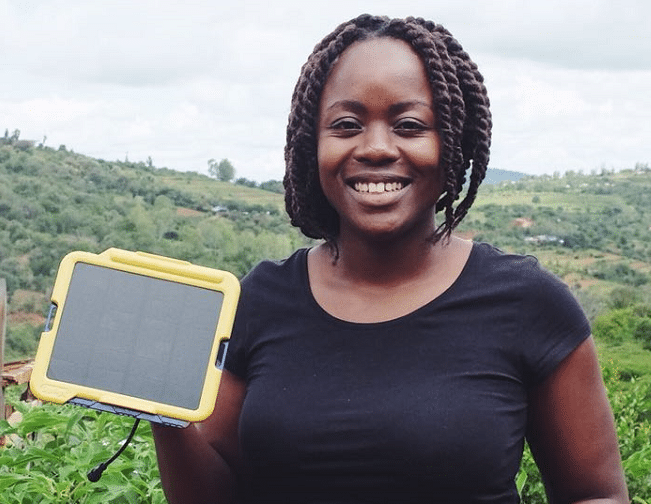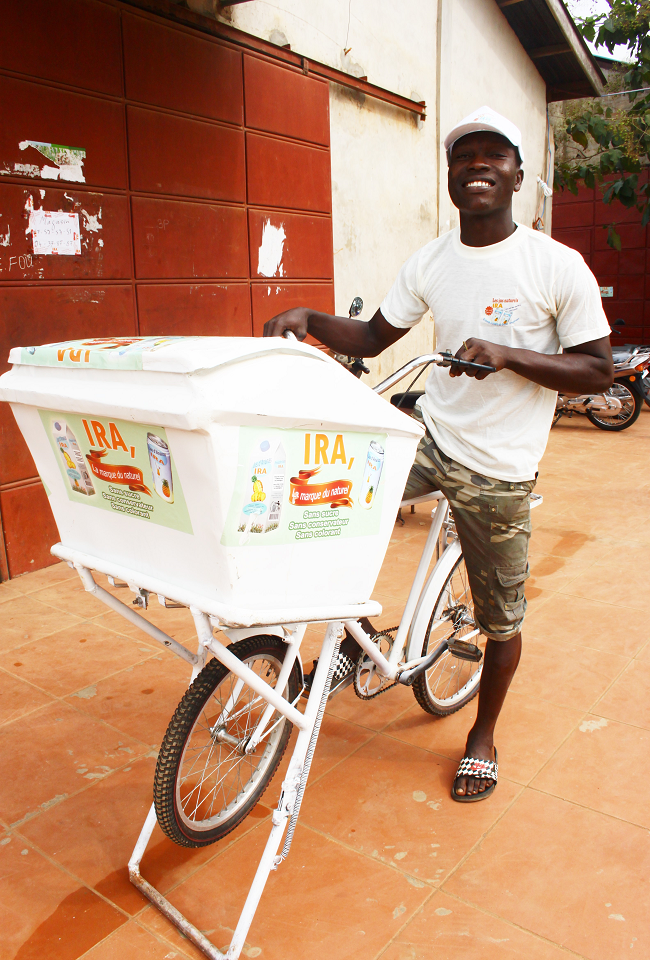Last mile distribution companies (LMDs) are critical to reaching last mile populations with products that help to improve people’s health, wellbeing and livelihoods. LMDs’ have strong local networks, an important role in market creation and a comprehensive value proposition focused on quality, sales service and consumer financing.
However, they face a range of challenges. Often operating in isolation within high-risk/low-infrastructure markets, they work with customers who have very little income and limited knowledge of the benefits that simple products can bring.
Distributors struggle to recruit, train and retain sales staff. They have limited access to working capital, and face policy barriers such as high taxation on imported products. They have no collective voice, and no access to best practices.
Without additional support for these businesses, hundreds of millions of people across Africa, Asia and Latin America will miss out on life-changing products and services.




